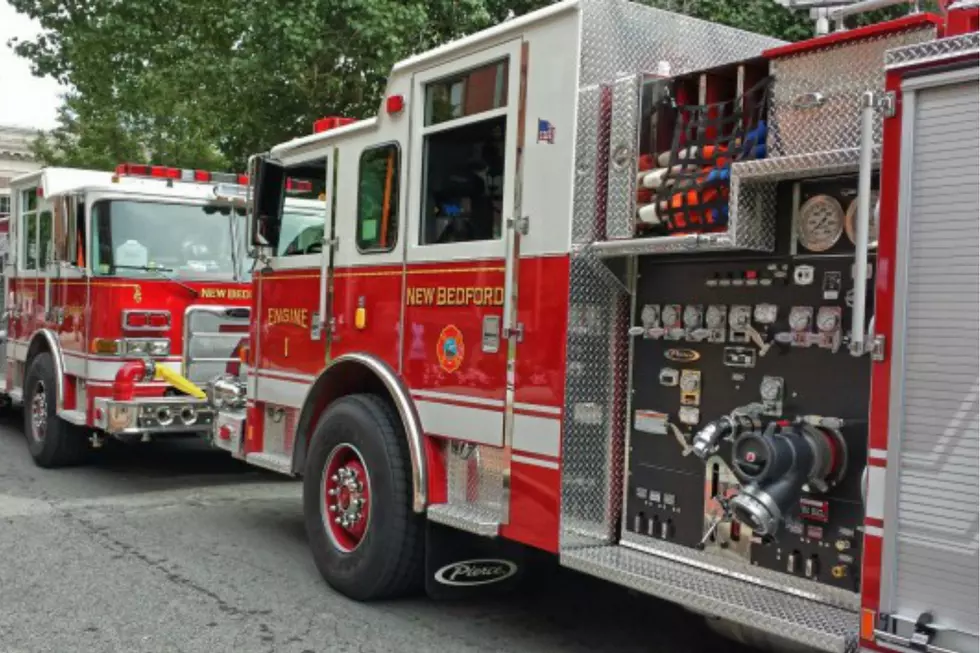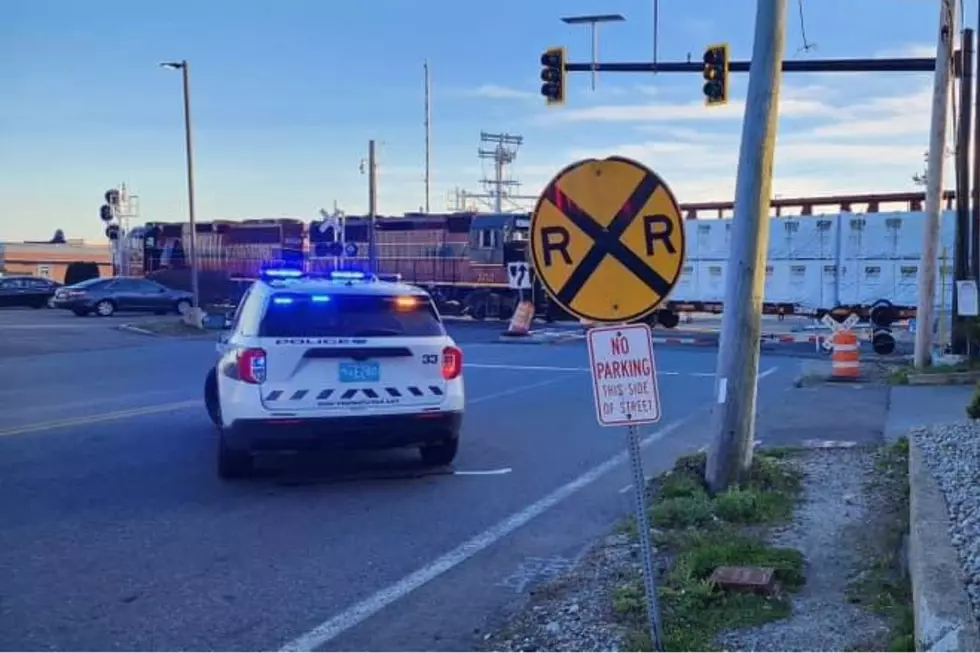
New Bedford Fire Dept. Ending Controversial ‘Rolling Blackout’ Policy
NEW BEDFORD — Starting next month, the so-called “rolling blackouts” of the City of New Bedford’s fire apparatus will come to an end. However, it will come not through the full funding of the fire department, but rather with the decommissioning of a fire engine.
New Bedford Fire Chief Paul Coderre, Jr. issued a statement today announcing that beginning in March 2020, the New Bedford Fire Department “will end so-called fire company ‘rolling blackouts,’ the practice of taking one of the City’s ten fire companies out of service on a rotating daily basis.”
The practice began in 2009 under then-Mayor Scott Lang, and expanded in January 2016 when the department no longer received federal SAFER grant funding; Coderre pointed out that the grant “funded 70 positions, or about one-third of the entire Fire Department.”
The ending of the controversial blackouts comes after two elderly city residents died in two separate fire incidents in October and December of 2019. After both incidents, the New Bedford Firefighters Local 841 called for the end of the blackout policy.
“In light of fiscal pressures on the City and concerns expressed by the New Bedford Fire Fighters Association, Mayor Jon Mitchell tasked the current NBFD leadership last year with evaluating the current blackout policy and exploring alternatives that would allow the NBFD to maintain necessary response levels with existing financial resources,” Coderre said. “After careful evaluation, the NBFD leadership has determined that although the use of blackouts has not compromised the department’s responsiveness, the practice has resulted in certain negative consequences.”
Coderre called the blackouts “administratively cumbersome,” stating that staff was devoting “significant time and attention to managing the daily re-assignment of personnel.” He also said the practice generated overtime costs to the City, with a projected NBFD overtime deficit of about $800,000 for the current fiscal year. He said the practice has also undermined firefighter morale.
However, the rolling blackout practice’s end does not mean the fire department will now be fully funded.
“Ending the blackouts by fulling funding ten fire companies was considered, but was determined to be financially unrealistic,” the chief said. “The City’s Office of the Chief Financial Officer has estimated that funding an additional company would cost the city $2.7 million annually. Appropriating an additional $2.7 million from the City’s General Fund every year is well beyond the City’s financial means.”
In order to avoid the blackouts, the NBFD will decommission Engine 11, housed at 754 Brock Avenue in the City’s South End. It will be placed in reserve status, with the firefighters and officers currently assigned to that engine redeployed to other fire companies. Coderre said there will be no layoffs as a result of the change, and neither will the level of service provided to that area.
“The NBFD has determined that the response level along the Brock Avenue corridor area will not vary materially from the current level because the response area of Engine 6 (based at 151 Purchase Street) significantly overlaps the response area of Engine 11,” Coderre said. “Moreover, the scheduled opening of the South End Public Safety Center on Brock Avenue in the Spring of 2021 will shift further south the location of both Engine 6 and Ladder 3.”
He also said ending the blackout policy will reduce the overtime spending for Fiscal Year 2021 by as much as $400,000 to $500,000, and it will allow for the NBFD Fire Prevention Unit to add two new positions.
Billy Sylvia, president of the New Bedford Firefighters Local 841, released a statement in response to Chief Coderre’s announcement, taking issue with the decommissioning of Engine 11.
“(Mayor Jon Mitchell's) decision to shut down Station 11, thus removing the first line of defense to any emergency south of Cove Street and reducing the chances of timely responding to such an emergency, is disappointing, to say the least,” he said. “In just the last few months, the City has suffered two fatal fires in situations where the first engine capable of responding, which was station just a few blocks away, was blacked out. Now the mayor has announced the permanent closure of a fire company responsible for covering the entire peninsula.”
Sylvia said the closure will increase response times and overextend the coverage areas of the department’s remaining apparatus, while also giving the department “less on-the-ground manpower to perform vital operations and spreads thin the department’s manpower when there are ongoing multiple emergencies.”
Sylvia also called Mayor Mitchell’s stance that blackouts and now the decommissioning of Engine 11 were necessary for the City to be fiscally responsible a “farce.”
He also said the new public safety center that will open on Brock Avenue in 2021 will also result in increased response times and reduced coverage for the far West End.
“The process and planning of the new building was rushed and completed without input from the public servants who actually provide the services and protect the people of this City every day. This was done in order to present something shiny and new to the public, while failing to inform the public that it will result in cuts to services and added difficulty for first responders trying to do their jobs. Once again our members are forced to do more with less as this administration adds to the burden already on our backs.”

More From WBSM-AM/AM 1420









